“Education is the main tool for the integration of the Romani community”
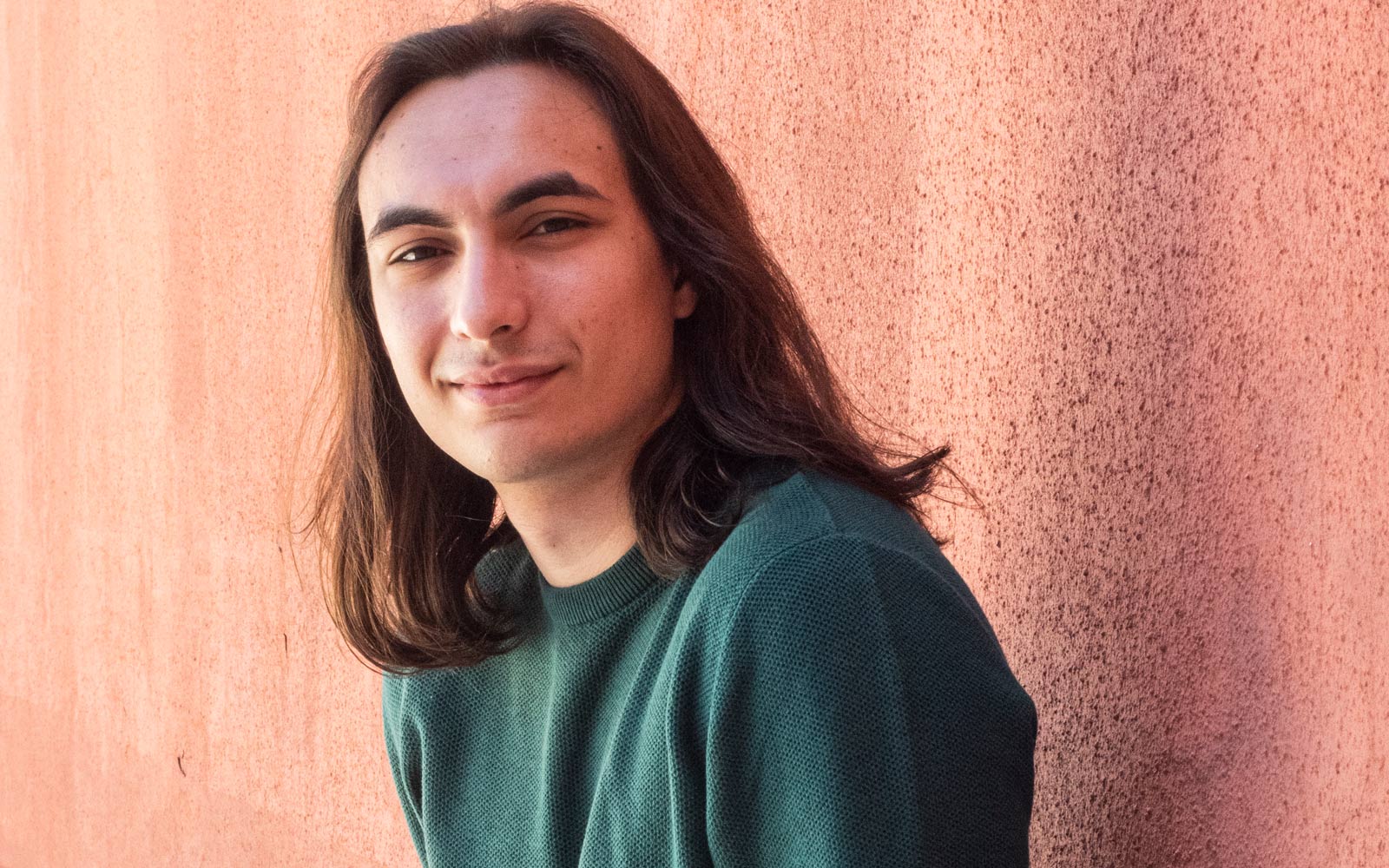
Since Israel started primary school in the village of Batalha, in Leiria, he kept on surprising everyone. Encouraged from an early age by his family, he is now chasing his childhood dream of becoming a doctor in Lisboa where he follows his vocation with plenty of hard work, which sometimes means studying 16 hours a day.
This is the recipe for success Israel will have to follow until the end to become the first doctor belonging to the Portuguese Romani community. Get to know his path and what drives this Gulbenkian Mais Grantee.
You say being an excellent student paved the way to accomplishing your childhood dream. Did you always want to study Medicine?
This has been my plan since I was a child. I think it first came up when I asked my father what was the best profession in the world. He answered that although there are lots of very honourable professions, for him, the noblest, the one which demanded more sacrifice and involved saving human lives, was to be a doctor. That thought never left my mind.
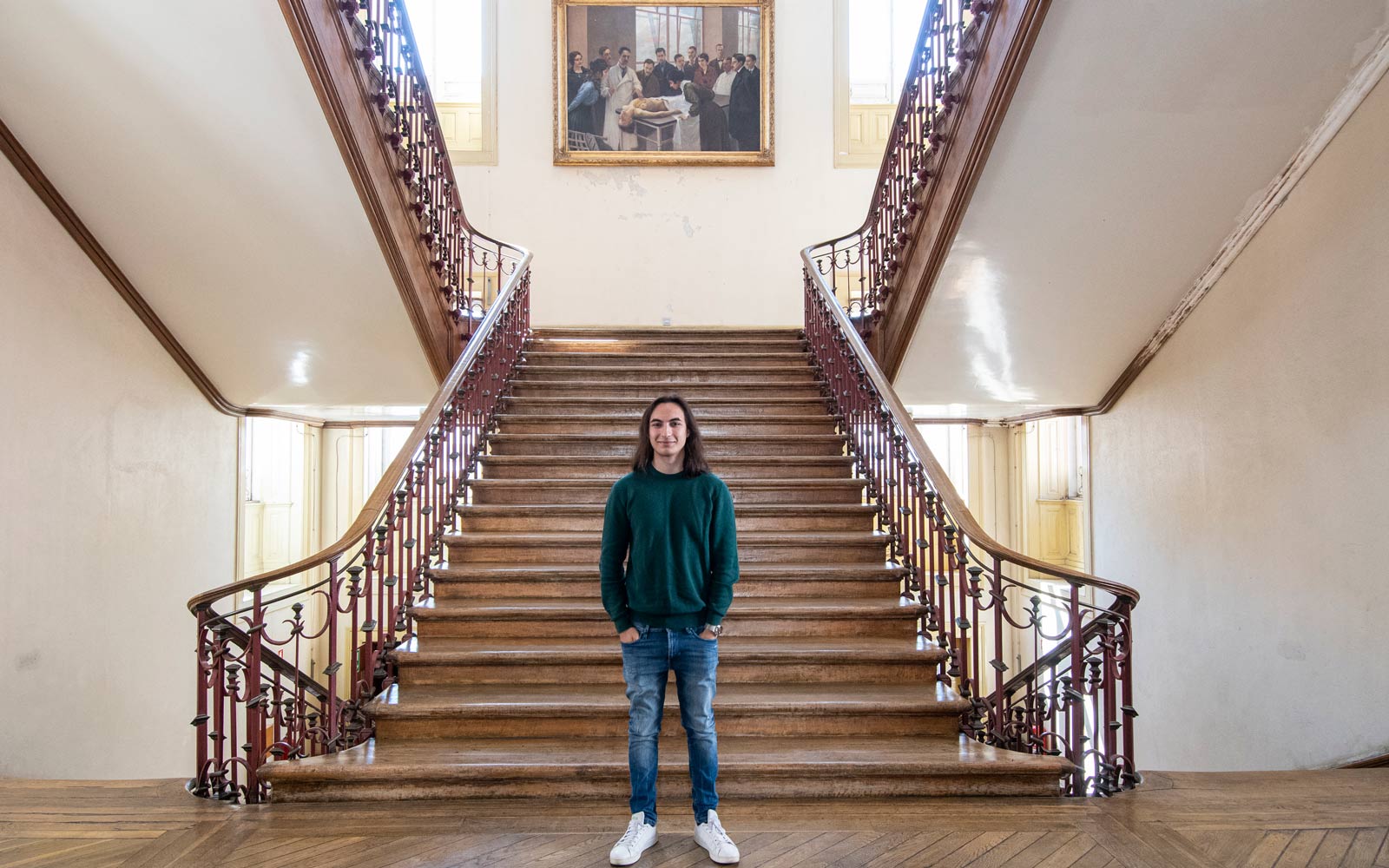
How did you adjust to university?
In terms of the atmosphere, the faculty is great, I have nothing to point out. During the first week, the ritual of “Praxe” was very integrating. It allowed us to meet all our colleagues, from our year and older. In that sense it was amazing.
In terms of the subjects and their content, when the real classes start, it is a big shock. There is always a lot of new content, and no one is used to this, even if you were a good student during secondary school and you are used to studying hard.
To follow this course you have to really love what you do and study hard. If there is a degree of uncertainty, as small as it may be, it can lead you to drop out. In the beginning we are all good students and we all arrive with excellent grades, but there is always that fear that makes you wonder “will I continue to be a good student?”, “is everyone else better than me?”. I have always had that fear, but after a lot of work and dedication – during the first year I studied for up to 15 or 16 hours a day – I think I’m having positive results.
What were the main obstacles you had to face? Did you ever feel undermined?
I would not say so. My family, my teachers and my colleagues were always there for me, they helped me a lot.
For example, when I was attending primary school, in Leiria, I was actually living in Porto de Mós. My family knew I liked that school and they did everything not to destabilize me, they drove more than thirty kilometres every day because they were afraid I would lose interest in school or my friends. I think they always made the best decisions on my behalf.
What motivates you?
What motivates me most is the desire to improve and to be better every day, both professionally and personally. But also, to be able, in the near future, to play a leading role in our society; to know that my small contribute makes a difference in society. I think that this is the main thing and it was one of the reasons why I chose this profession. I think it is more than just a profession, it is a way of life.
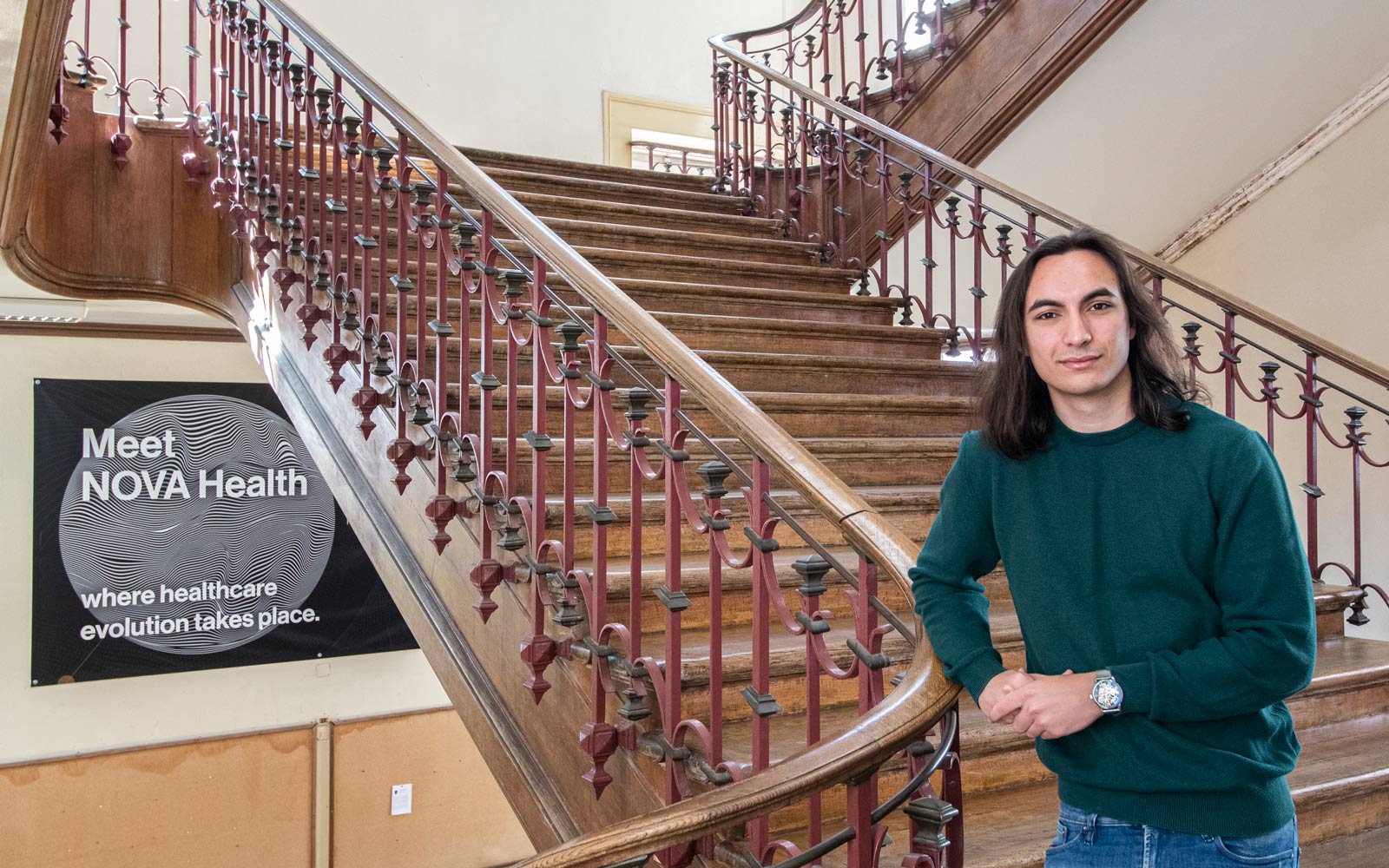
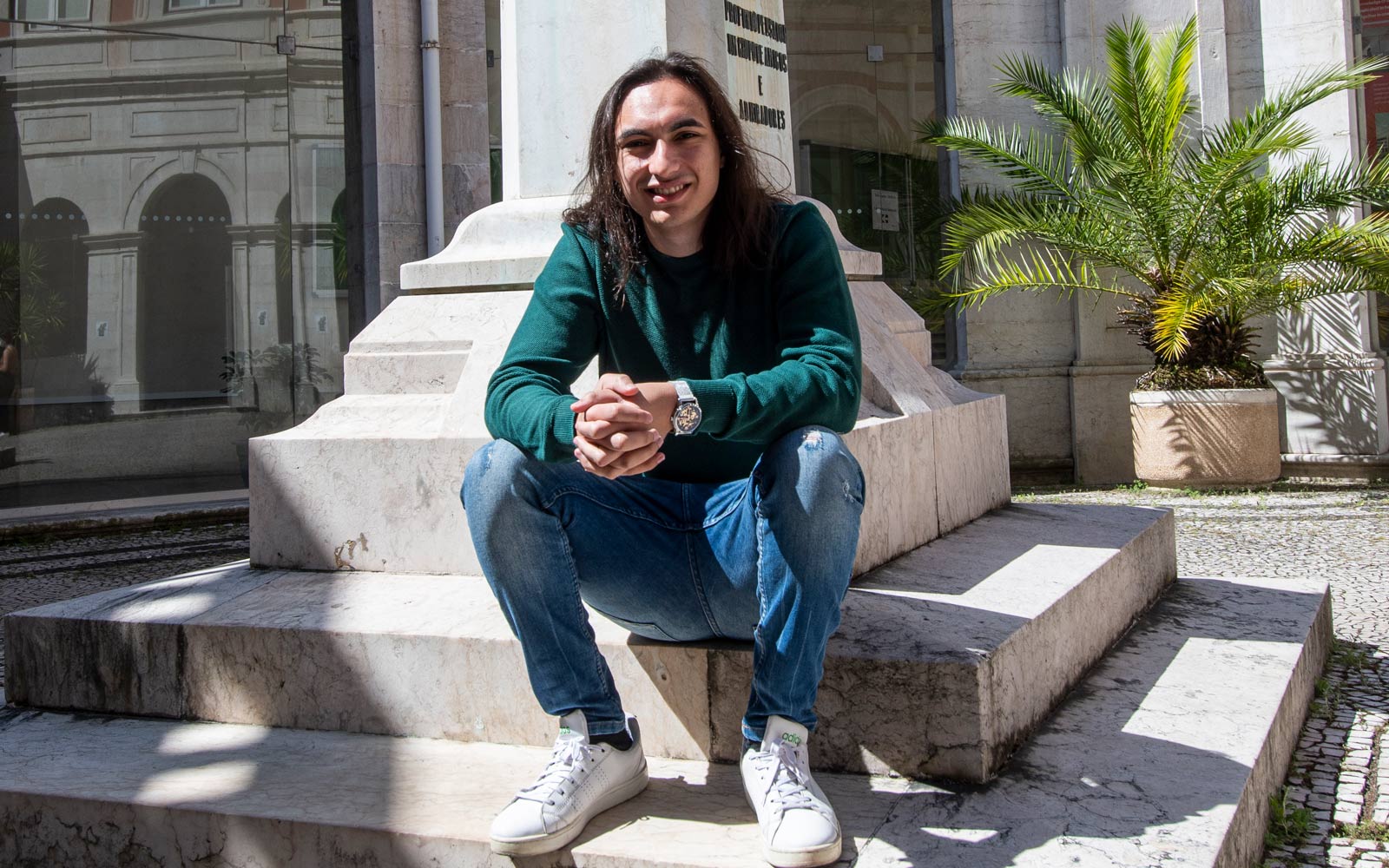
In what way did the Gulbenkian Mais Grant change your life? What is it like for you to be a part of this group?
When I applied I never thought I would be chosen because I knew that the Gulbenkian Grants were very competitive. It has been a great privilege to be a Gulbenkian Grantee.
Apart from the monetary aspect, which helps a lot and makes a big difference, I have also had some meetings with other grantees and training sessions about emotional intelligence. This aspect of the grant is also very important for us, we get to meet other grantees and realize life is hard for everyone, there are always obstacles and the best way to overcome them is to know how one can deal with them.
What is it like to live alone in Lisbon in the university residence?
In the beginning, it was a bit more complicated, it was a shock for me. I was used to living with my family and my mom did everything for me (laughs). This is the capital; it is a big city with a completely different rhythm.
I remember that initially, when I started using the metro, I used to look around and think people were like a flock of sheep waiting for the same thing, it really amazed me. But a week later I was part of the flock, just another sheep. It did not take me much longer to adapt to the rhythm of the city and I have been managing ever since.
Where do you see yourself in 10 years?
I hope I will have finished my degree, which lasts for 6 years, and I hope to be practising medicine. I try to keep an open mind and leave every door open because I’m still in the second year, things can change from one day to the other, but at the moment I’m considering specializing in surgery.
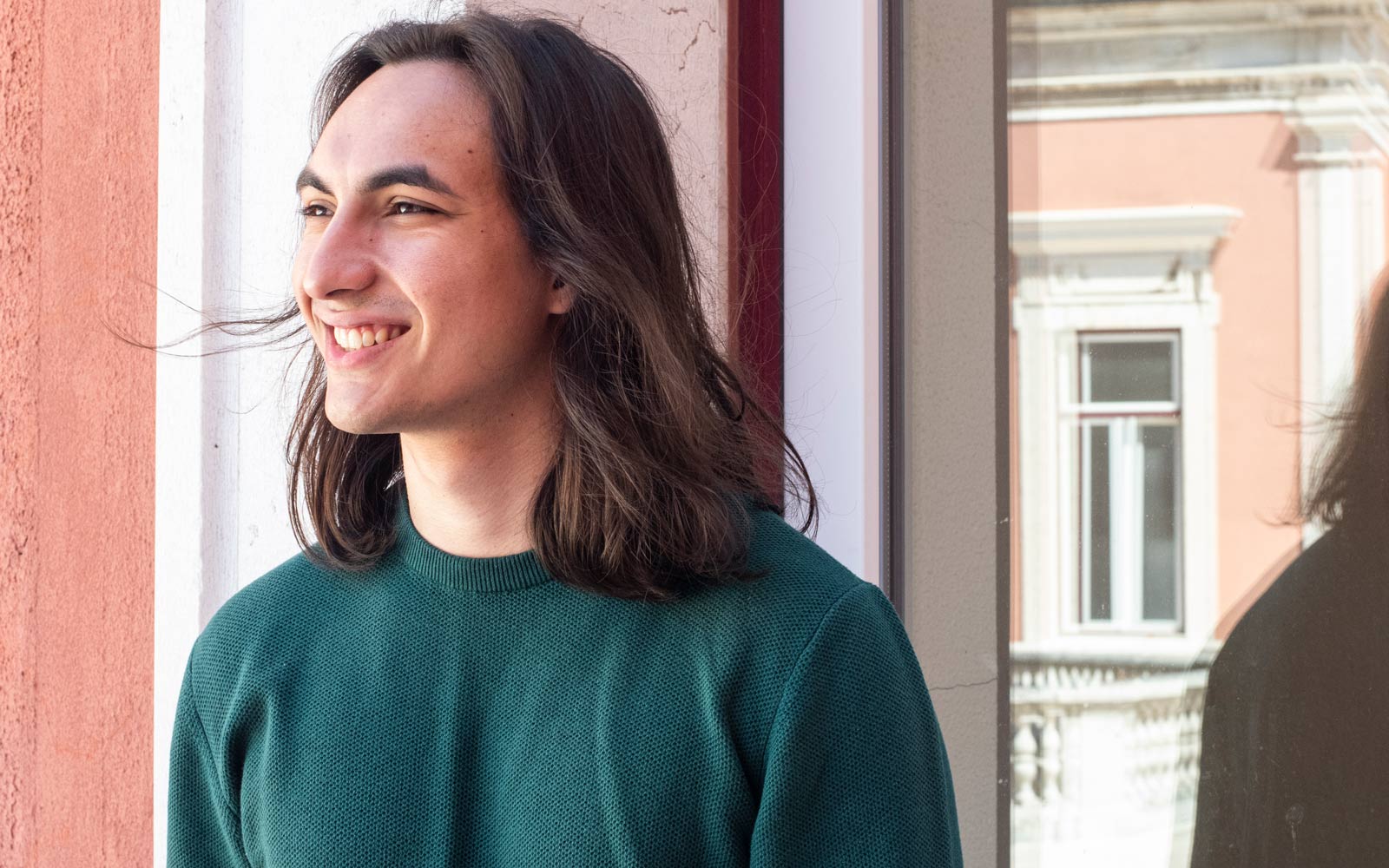
You will probably be the first doctor of the Portuguese Romani community. How does that make you feel?
Firstly, there is the weight of responsibility on my shoulders because I feel that lots of youngsters studying now look up to me as an example to follow. Education is the main tool for the integration of the Romani community; the sooner we realize this, the easier the future will be, everyone can have the same opportunities. That is the main goal.
Housing is also an important issue. I was lucky to be integrated and not grow up within the context of social housing. For those who live in such places, isolated, it is much harder to build a path. That is why housing is one of the main areas of intervention and an essential aspect to put an end to the segregation of the community.
